The UN is celebrating 2010 as International Year of Biodiversity and the theme is “Biodiversity is life, Biodiversity is our life”. The 3rd Vol. of Biodiversity in Horticultural Crops published in 2010 highlights biodiversity of potential and future crops for livelihood and nutritional security. Fourteen crops including three vegetables, six fruit crops, three ornamentals, one spice and one medicinal plant Bombara Groundnut uncommon to Asian readers but common in South Africa are elucidated by 28 eminent scientists from four countries including India. Cucurbits like ashgourd, satputia and watermelon find special attention in the volume for their importance in high content of fibre and captive water so important in health and wealth. Cranberry is getting attention for its rich content of Vitamin C and minerals. Jamun is popularized for its hypoglycaemic property. Value added products from Jamun are capturing urban markets. Litchi and mangoes are sub-tropical fruits of economic importance to India. National Research Centre on Litchi at Bihar and Central Institute for Sub-Tropical Horticulture at UP are established to conduct research on litchi and mangoes respectively and are the ex situ gene depositories. Noni is a wonder plant of present and future. Its fruits contain more than 160 neutraceuticals, antioxidants, micro-nutrients and is called the fruit of the millennium. Andaman and Nicobar Islands possess considerable variability and also species. Pomegranate is both a fruit and spice. Medicinal value of pomegranate is mentioned in Charaka Samhita. Heliconia, marigold and zinnia are ornamentals with potential as cut flowers and as sources of pigments and lipids. Byadgi chilli is low pungent and a high colour speciality spice very localized in Karnataka. It has prospect to replace Paprikas of Spain for international trade. Bambara ground nut is a common legume cum medicinal plant in South Africa. During drought and related national calamities, bombara ground nut is the main source of protein and energy. Venter, Heever and Swanevelder from South Africa contributed the chapter on Bombara groundnut.
ABOUT THE AUTHOR K V Peter
Prof. K.V. Peter , Ph.D, is Former VC of KAU in Trichur, India and Coordinator of the Department of Biotechnology (GOI) funded projects on plantation crops and spices. Prof. Peter is a horticulturist, a plant breeder and an acknowledged research manager. He is the former Director for the Indian Institute of Spices Research, Calicut (ICAR) and former Professor and Director of Research, KAU. Professor Peter is the editor of seven books and author or co-author of thirteen books/bulletins and 132 research papers. The ICAR conferred on Prof. Peter the Rafi Ahamed Kidwai Prize, the National Academy of Agricultural Sciences awarded the Recognition Award 1999 for contributions to crop improvement, and the University of Agricultural Sciences conferred the M.H. Marygowda Award for being the Best Horticultural Scientist. Prof. Peter is the Elected Fellow of the National Academy of Agricultural Sciences and Fellow of the National Academy of Sciences.
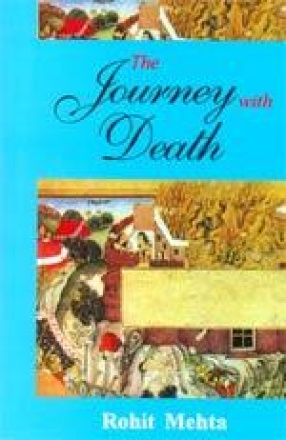 The Journey with Death
1 × $9.90
The Journey with Death
1 × $9.90 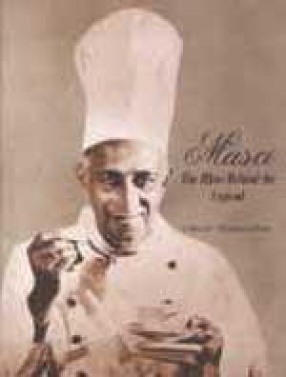 Masci: The Man Behind the Legend
1 × $30.60
Masci: The Man Behind the Legend
1 × $30.60  Hindustani Sangeet and a Philosopher of Art
1 × $24.30
Hindustani Sangeet and a Philosopher of Art
1 × $24.30 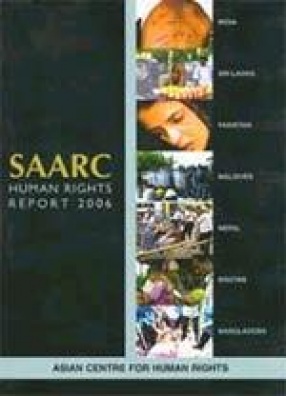 SAARC Human Rights Report 2006
1 × $36.90
SAARC Human Rights Report 2006
1 × $36.90 
 The Journey with Death
The Journey with Death  Masci: The Man Behind the Legend
Masci: The Man Behind the Legend  Hindustani Sangeet and a Philosopher of Art
Hindustani Sangeet and a Philosopher of Art  SAARC Human Rights Report 2006
SAARC Human Rights Report 2006 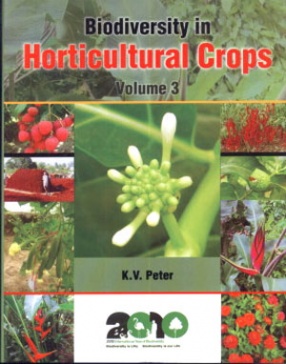
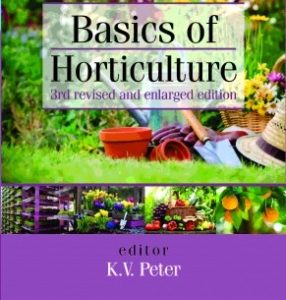
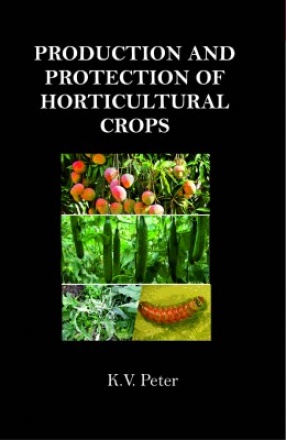
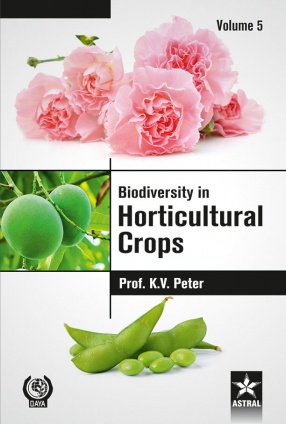
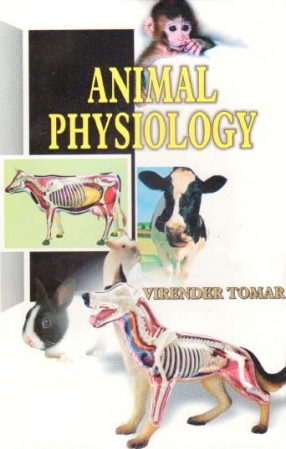
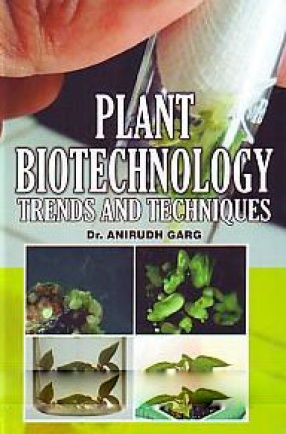
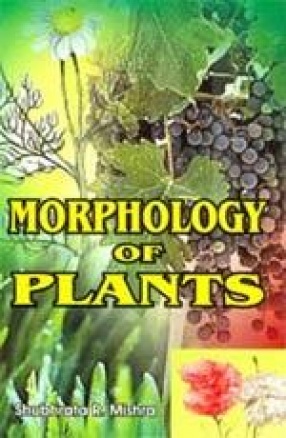
There are no reviews yet.